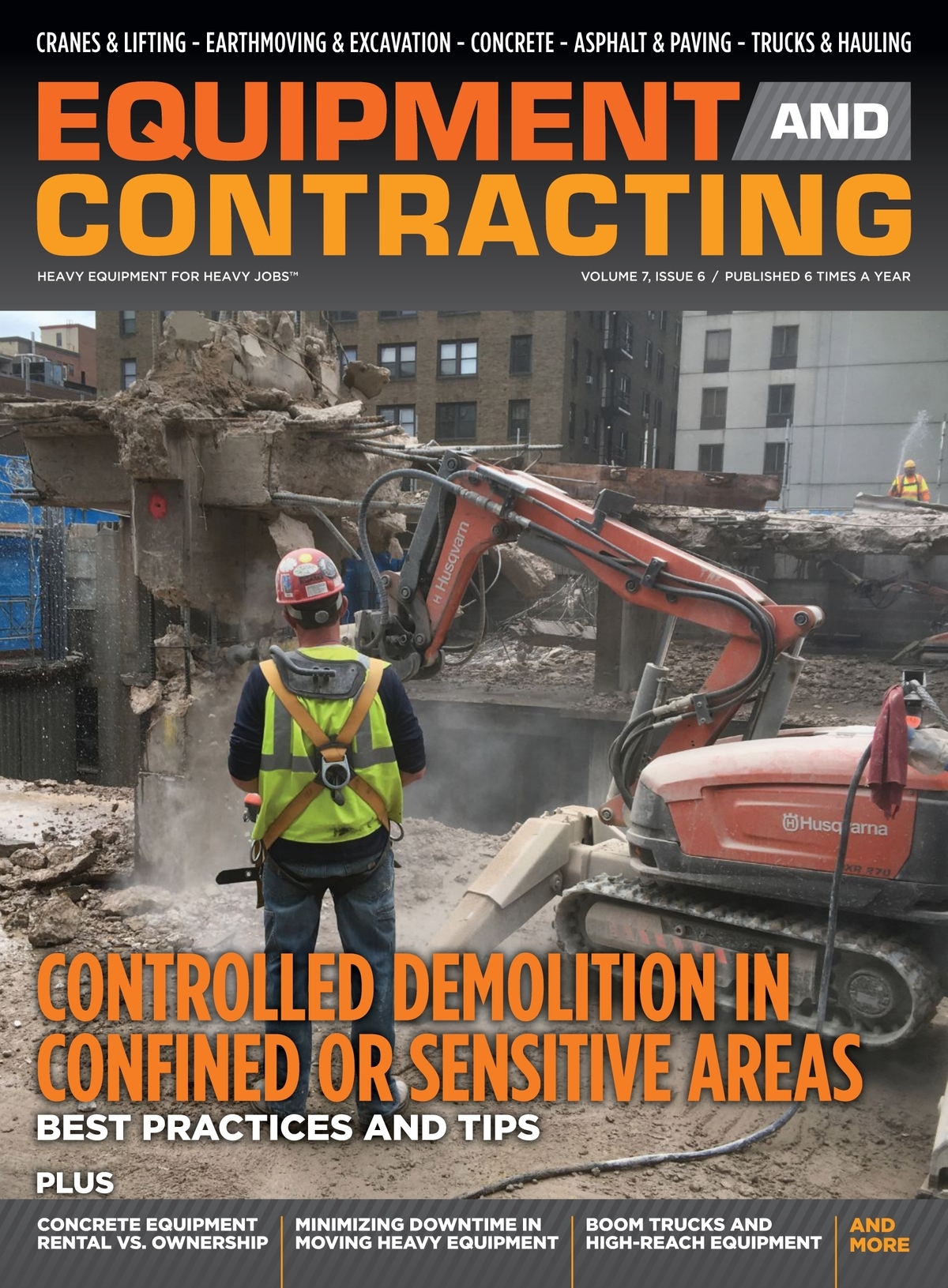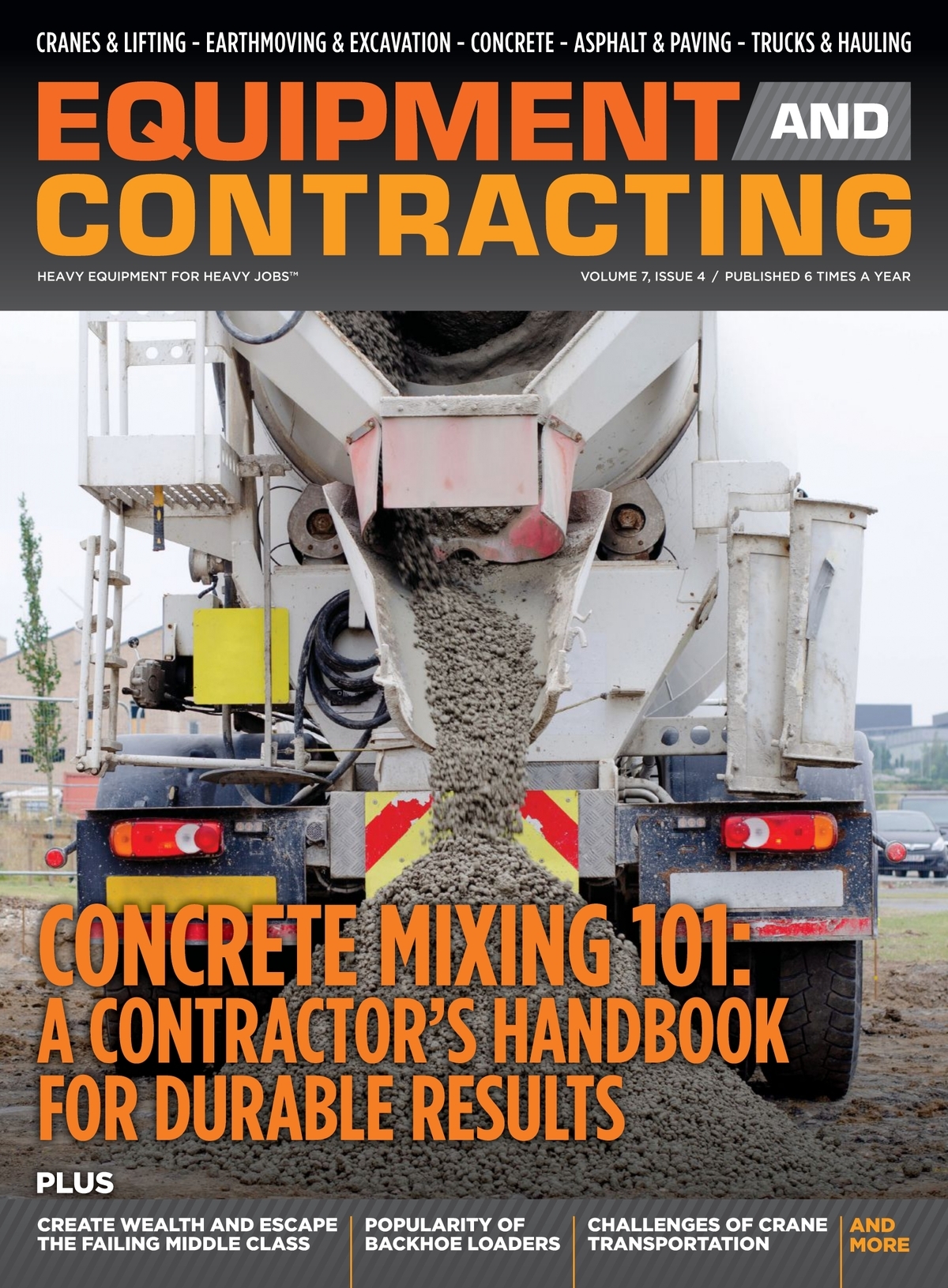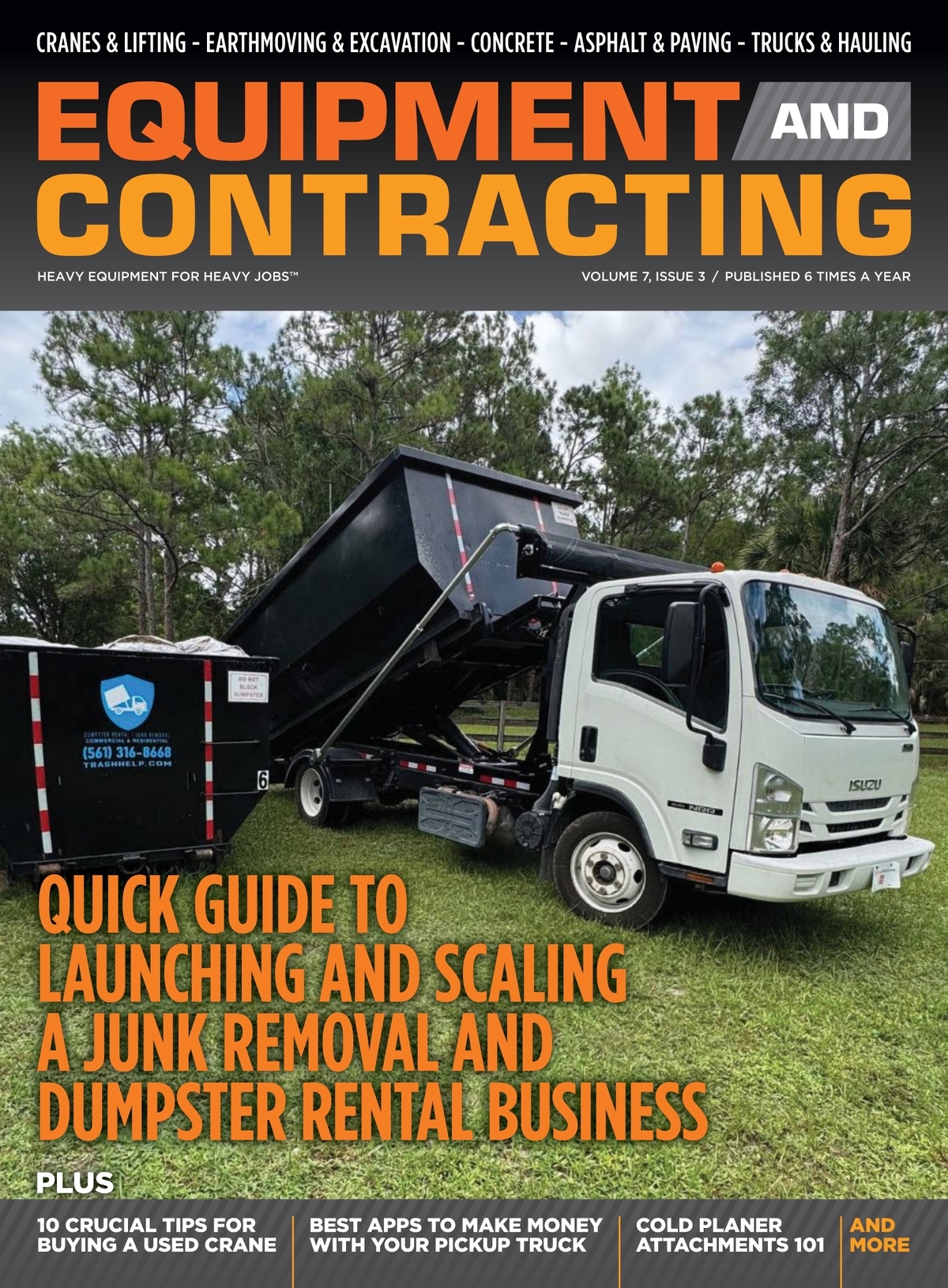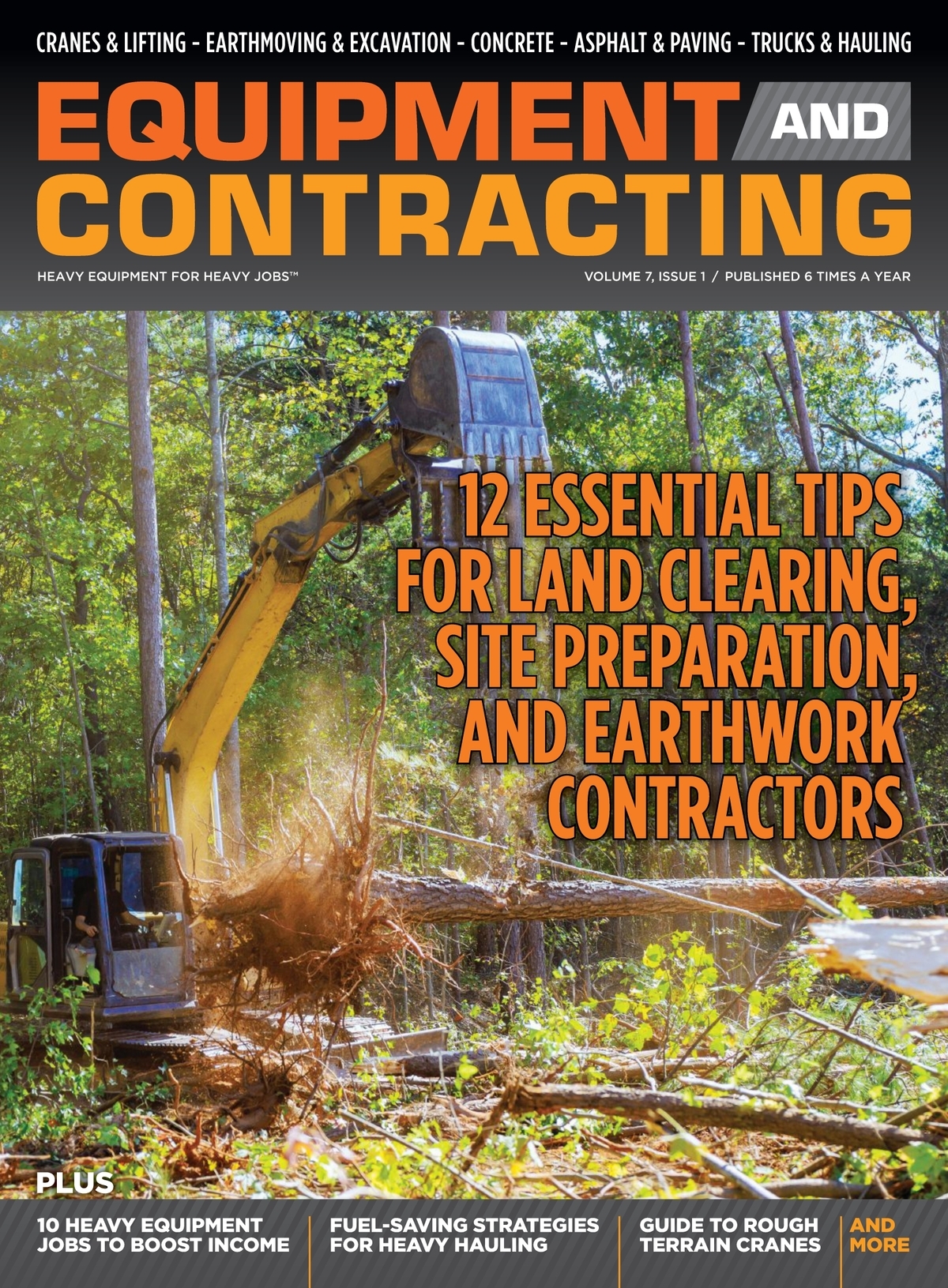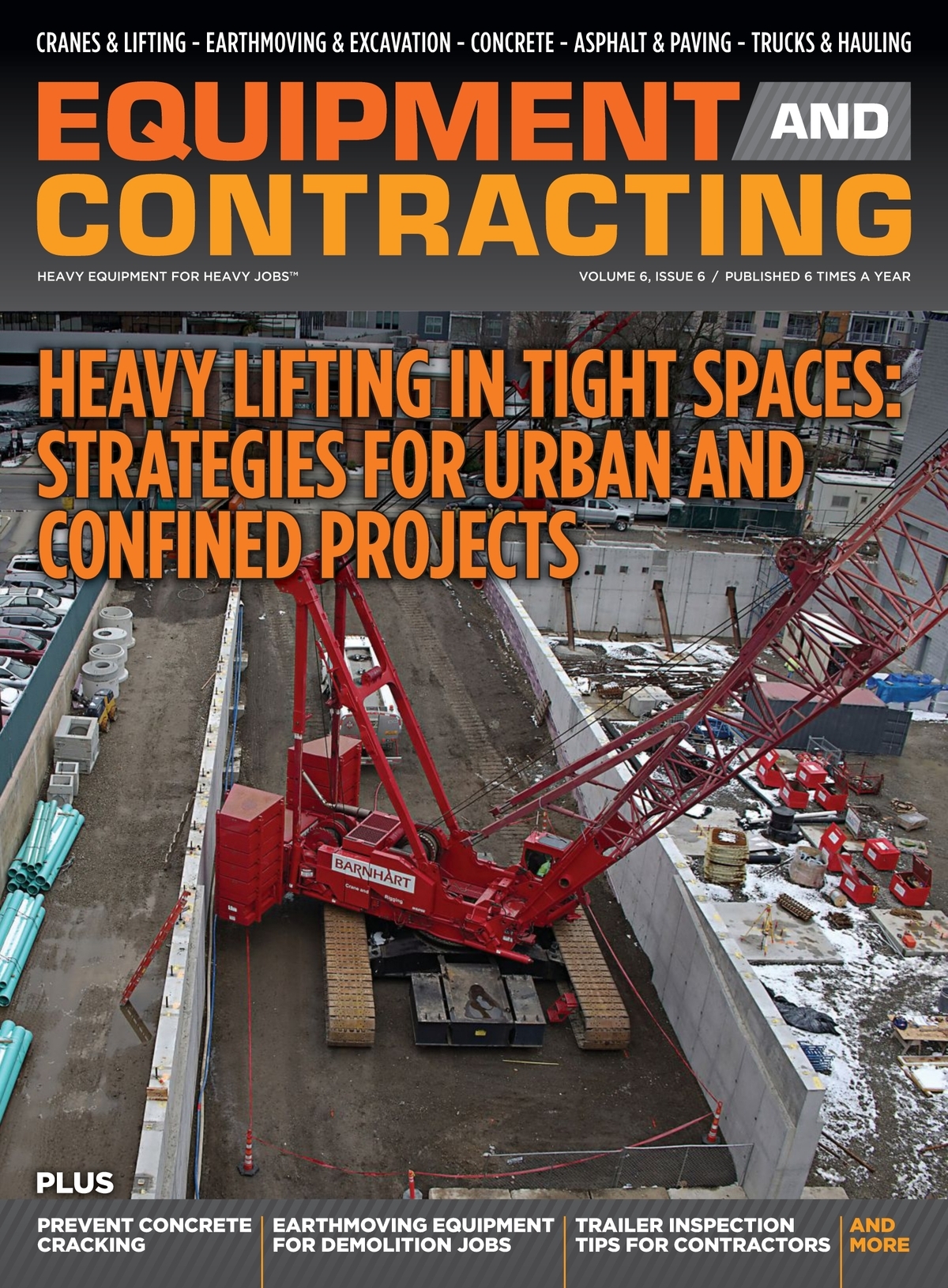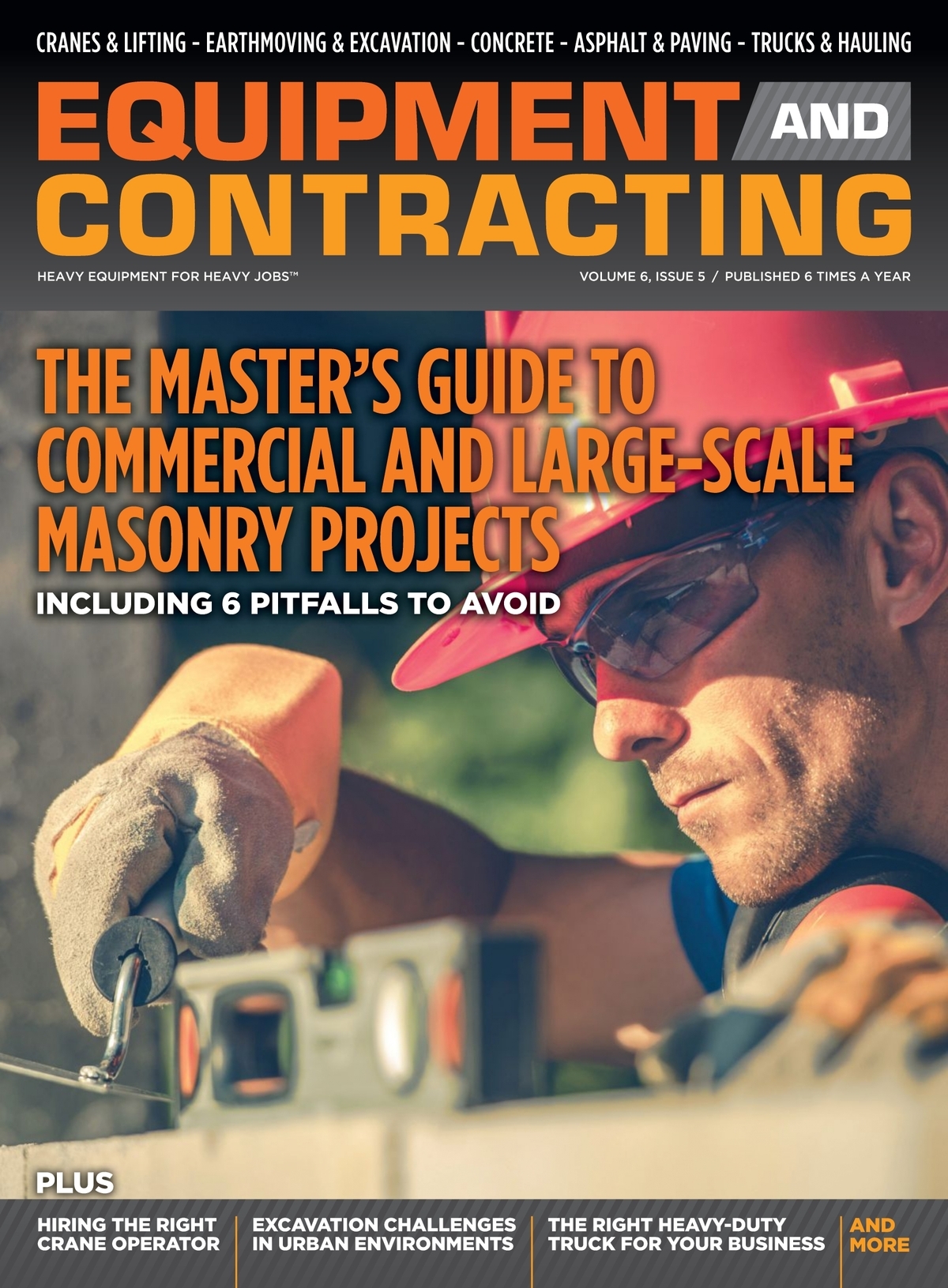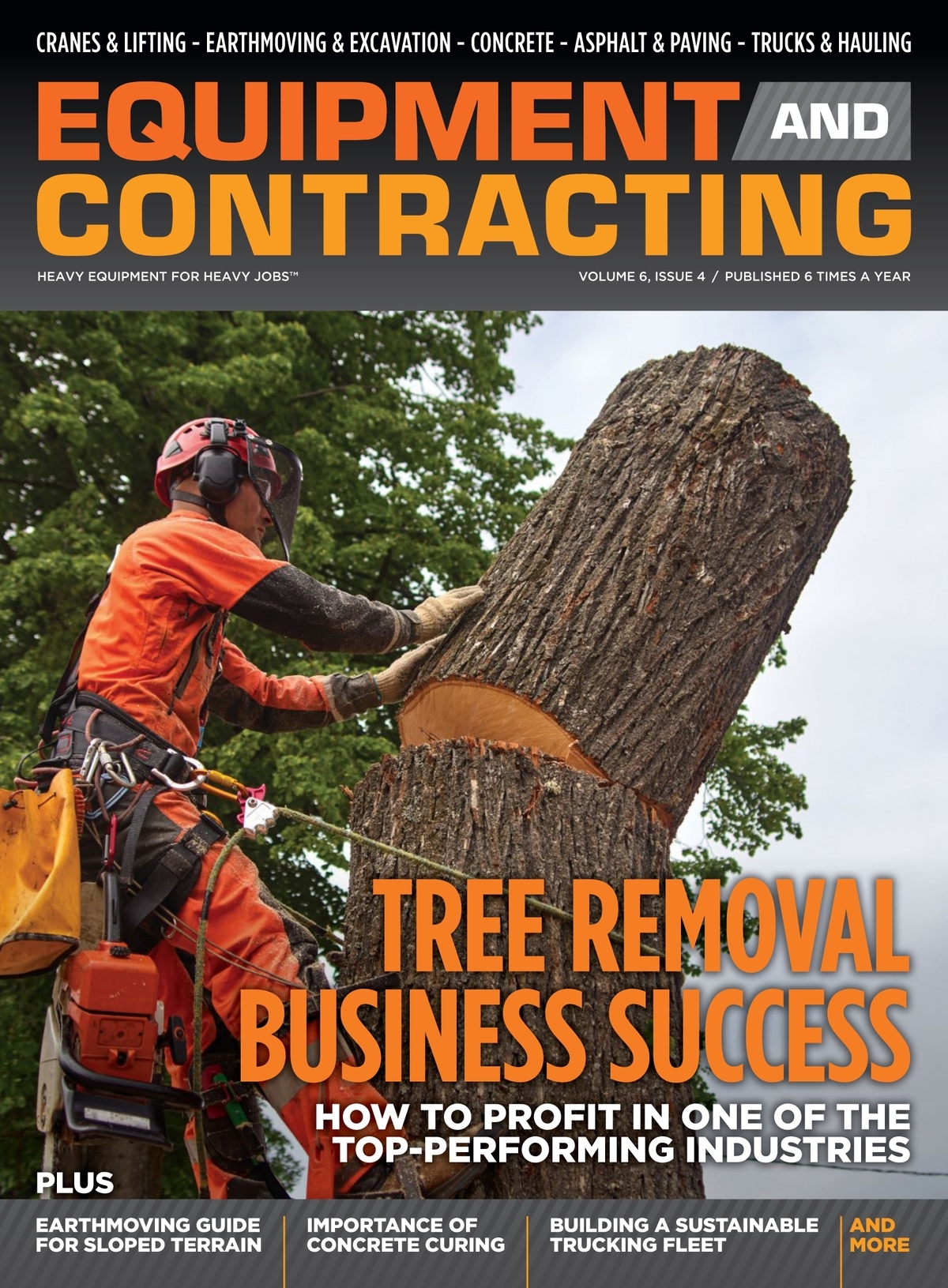View the complete article here.
Surgeons use a scalpel when they operate. They could use any sharp object – but a scalpel provides the needed precision. It’s a similar choice between trenchers and excavators. But which one you should choose to buy depends on several factors. In this article we discuss the difference between trenchers and excavators – and how to decide which is best for the job at hand.
Trenchers
Trenchers remove soil in a single, continuous movement. They can dig uniform trenches quickly. Unlike an excavator, a trencher produces ready-to-use backfill. The backfill can be deposited along the sides of the trencher. A work crew can follow behind and doze the backfill into the trench after piping or other material is deposited.
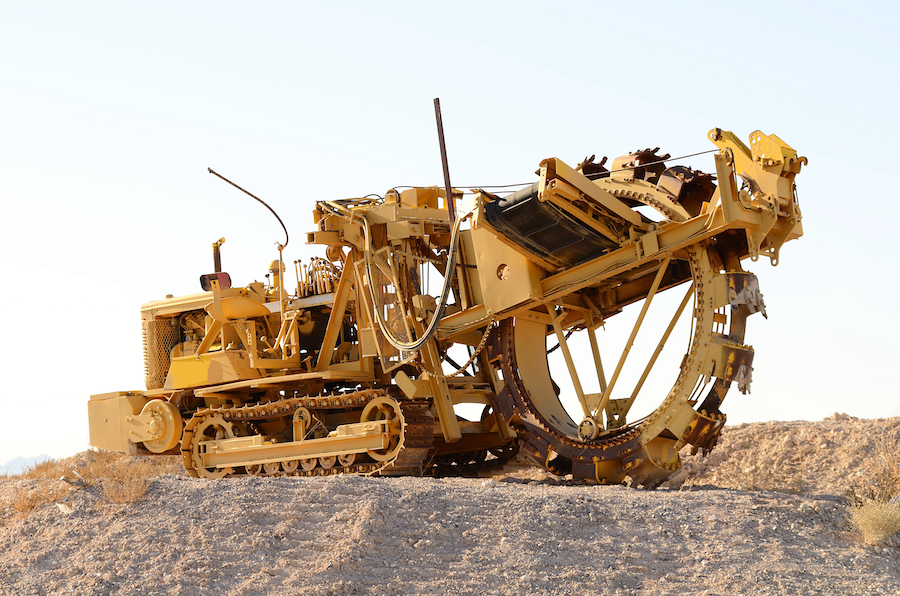
Types of Trenchers
There are several different types of trenchers, including:
Chain Trenchers
Chain trenchers are best for cutting through hard soil. It’s like a very large chainsaw. This type of trencher is used for narrow, deep trenches. A good choice for burying utility lines. The Brave Pro BRPT Trencher digs 3-inch wide, 18-inch deep trenches. It runs on a Honda motor.
Wheel Trenchers
Wheel trenchers, sometimes called rock wheels, are mounted on rubber tires. They have steel teeth that can cut through hard soil. Eagle Trenchers has several models available that can dig trenches from 4-9 feet deep.
Micro Trenchers
Micro trenchers excavate narrow trenches, typically 1- to 5-inches wide with depths not exceeding 20 inches. They make digging trenches in urban areas easier. Micro trenchers can be remotely controlled. This makes it possible to access utilities under roads. Ditch Witch’s MT-12 micro trencher can readily cut through asphalt.
Portable Trenchers
Portable trenchers are also known as walk-behind trenchers. At about 200 pounds, they are fairly easy to haul from site to site. They are a good choice for irrigation lines or burying coaxial cables – especially in tight spaces. That’s why they are a good option for digging in residential areas that tend to have less space to move around. Toro’s TRX-20 is a walk-behind trencher on tracks instead of wheels.
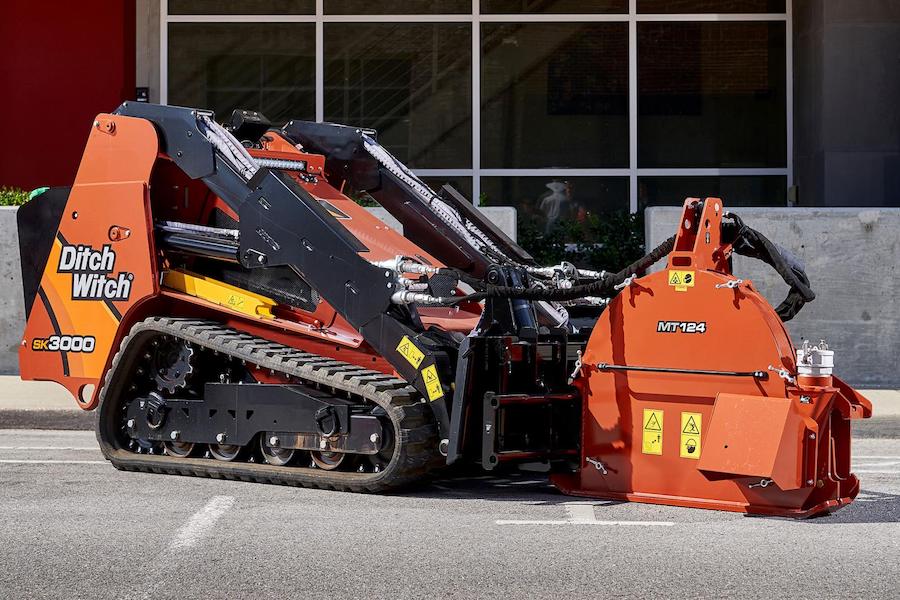
Best Jobs for Trenchers
Utility Work: Trenchers are used by utility companies to install wires, pipes, and cables underground. They are also used to remove these items from the ground for maintenance or repair.
Lot Clearing: Trenchers can sever tree roots to help clear a lot in preparation for building. Some trenchers feature a built-in blade designed specifically for this purpose.
Shoveling Dirt: A walk-behind trencher can be used for small landscaping projects to dig down about 3-4 feet. Saves time and sweat compared to using a manual shovel.
Irrigation: Trenchers make installation of sprinkler systems a lot easier. Some landscapers use them to build French drains.
Cutting Hard Surfaces: A wheel trencher can create straight trenches through rock, cement, or pavement.
High Precision Trenches: Trenchers are the best option when straight, uniform trenches are required.
Bottom Line
Trenchers are far superior to excavators when accuracy and uniformity are required. A trencher can handle multiple steps in one pass. Unlike excavators, they can create backfill that can be used immediately. Trenchers are perfect for smaller DIY projects where using a manual shovel is just too time-consuming – or back breaking.
Excavators
An excavator consists of a bucket, arm, and rotating cab that sits atop moveable tracks. The use of attachments makes excavators versatile machines that can handle a wide-variety of jobs. This gives an excavator a clear advantage over a trencher in many situations.
Excavators for Trenching
You have some options for digging trenches with an excavator, including:
Mini-excavators
A 4,000-6,000 pound mini-excavator can dig a trench up to about 10 feet deep. For a trench up to 14 feet deep, choose a 10,000-12,000 pound machine. Bonus: a mini-excavator can be transported with a truck and an appropriately rated tow hitch.
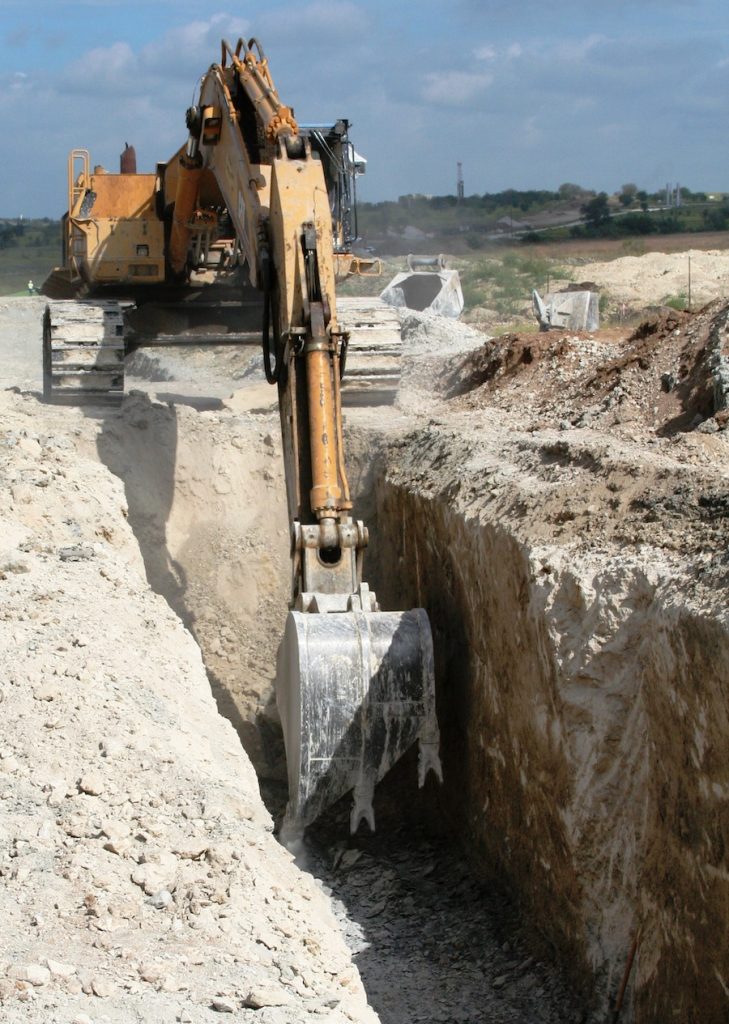
V-Shaped Bucket
A V-shaped bucket will give you a trench that is narrow on the bottom and wider up the sides. Leading Edge Attachments’ V-Raptor is a ripper / bucket combination to dig trenches in rock or other challenging soil.
Trenching Bucket
There are a variety of trenching buckets available for your excavator. Craig Manufacturing has several models including their EXB-HD Heavy Duty and EXB-HDQF Quik Fill trenching buckets.
Micro Trenching Bucket
Rhinox sells a micro trenching bucket that is a great solution for utility companies. It can dig a trench in considerably less time than a standard bucket.
Trencher Attachment
Solaris Attachments has several trencher attachments for excavators up to 10 tons in weight. They can dig trenches up to 5 feet deep and 14 inches wide. The integral auger piles spoil to the side of the machine.
Best Jobs for Excavators
You can handle nearly any type of trenching job with an excavator equipped with the right bucket or attachment. The trencher attachment gets you close to a dedicated trenching machine. For small jobs, especially for do-it-yourselfers, a trencher may be the easiest and least expensive choice.
Bottom Line
An excavator is the right choice when you need to dig trenches greater than about a foot wide and deeper than about five feet. They are great multi-taskers. You can dig trenches then switch out attachments for other types of work on the same job site. Excavators can handle a wide-variety of soil types.
Conclusion
For the most versatility, using a mini-excavator or excavator attachments is a good solution for many trenching jobs. However, a dedicated trencher is best when precision trenches are required. Trenchers also make sense for small jobs and DIY projects. We always recommend talking with your local equipment dealer to ensure you are selecting the right equipment for your trenching job.
View the complete article here.
When should I choose a trencher over an excavator, and what are the key advantages of using a trencher?
Trenchers are ideal when precision, uniformity, and immediate backfill are crucial; they excel in utility work, lot clearing, shoveling dirt, irrigation, cutting hard surfaces, and projects where accuracy is paramount.
In what situations is an excavator preferred for trenching, and what options and attachments are available for digging trenches with an excavator?
Excavators are versatile for various trenching jobs, especially when wider and deeper trenches are needed; options include mini-excavators, V-shaped buckets, trenching buckets, micro trenching buckets, and trencher attachments, offering flexibility for different soil types and job requirements.

